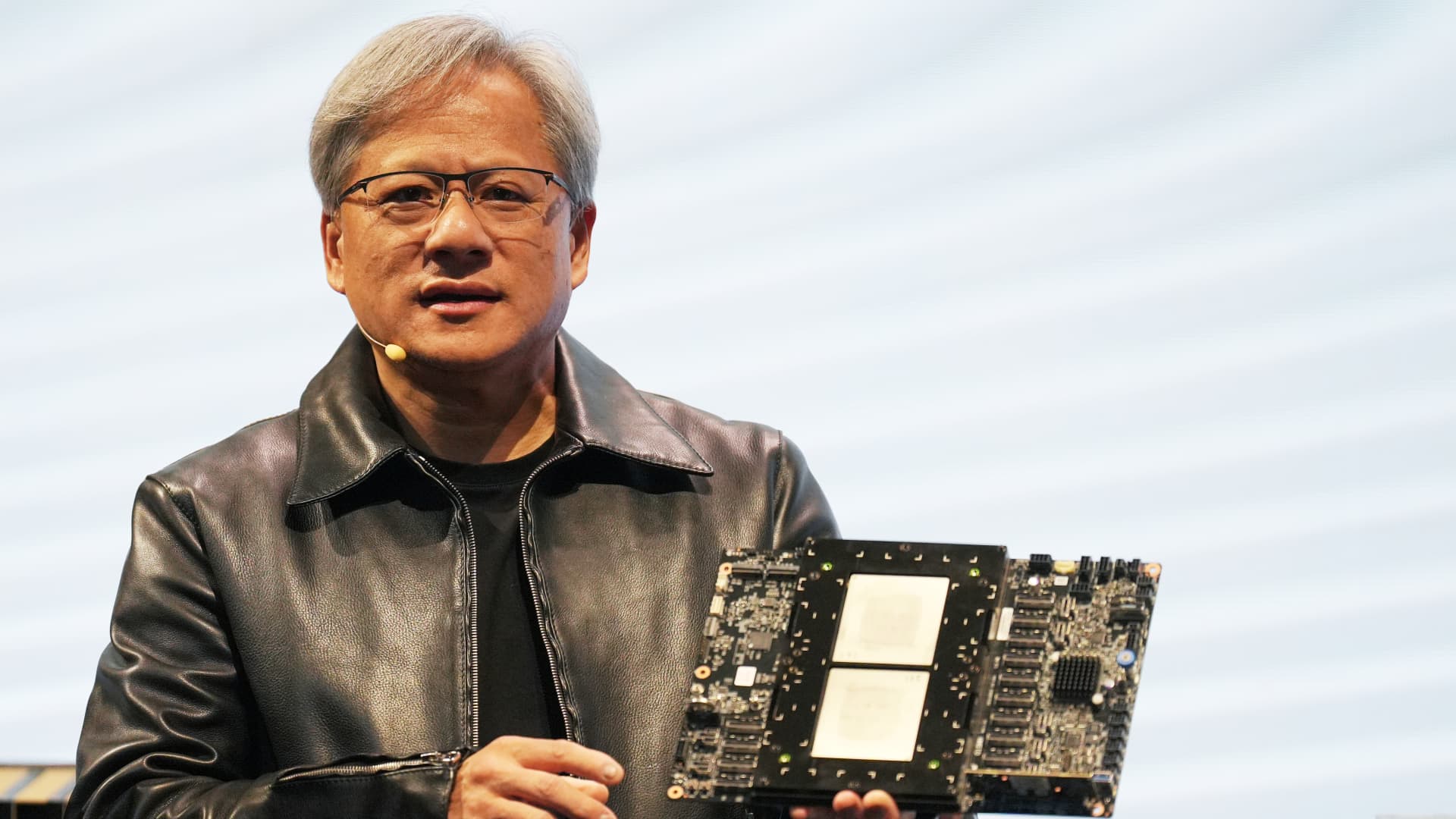Nvidia delays launch of new China-focused AI chip designed to comply with U.S. export rules: Reports
Nvidia, a leading chip manufacturer, is facing delays in the launch of a new artificial intelligence chip for the Chinese market that has been specifically designed to comply with U.S. export restrictions. The delay comes after the U.S. government tightened export curbs on AI chips to China, leading to significant implications for Nvidia’s business operations.
Shares of Nvidia closed down about 1.9% following the news of the delayed launch after a shortened trading day in the U.S.
Delays in the Launch
According to Reuters, Nvidia informed its Chinese customers that the launch of the AI chip, named the H20, has been postponed until the first quarter of the next year as server manufacturers are experiencing challenges in integrating the semiconductor into their products. The H20 chip is specifically designed to comply with U.S. export rules, and the delay in its launch is expected to have a significant impact on Nvidia’s operations, as the company generates approximately a fifth of its revenue from the Chinese market.
Government Export Restrictions
In October, the U.S. government further tightened export curbs on AI chips to China, which specifically restricted the export of Nvidia’s A800 and H800 chips as they were designed for the Chinese market. As a result, Nvidia is also gearing up to launch two other export-compliant chips called the L20 and L2, as reported by Reuters.
Challenges and Competition
The delay in the launch of the H20 chip could pose a setback for Nvidia, especially as the company continues to face competition from local players, such as Huawei, in the Chinese market. Despite reporting a significant increase in revenue in the September quarter, Nvidia warned that sales in regions affected by export restrictions are expected to decline significantly in the current quarter.
Nvidia’s Response
Nvidia was not immediately available for comment when contacted by CNBC regarding the reported delay in the launch of the H20 chip. The company’s effort to comply with U.S. export rules while navigating the challenges posed by the Chinese market underscores the complex dynamics of the semiconductor industry and the ongoing geopolitical tensions.






